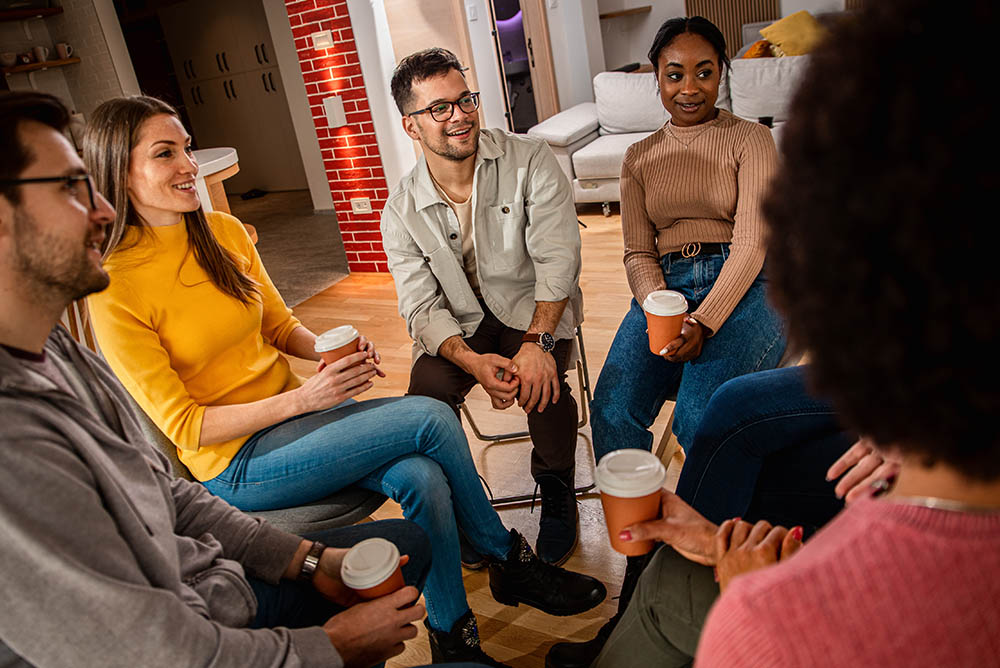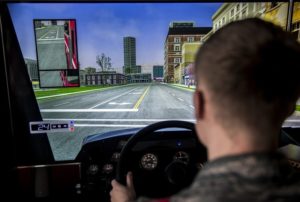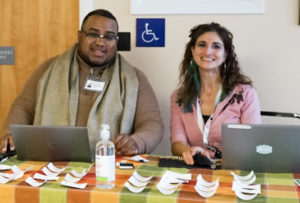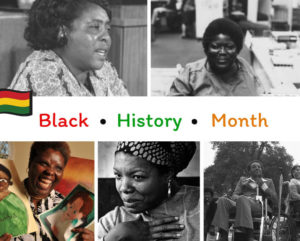Esther, who lives with chronic anxiety and depression, used to sit at her table for hours. She would contemplate things she had to do and then feel bad about herself when she couldn’t finish them.
Since Esther started receiving peer support services from NILP’s Northeast Recovery Learning Community (NERLC), she now talks about her gratitude for the little things in life, like “seeing someone smile” and for conversations with her Peer Specialist whom she shares similar experiences with.
A Recovery Learning Community (RLC) is a community of peers who are survivors of mental health challenges, addiction, and traumatic life experiences. RLCs provide welcoming, safe, understanding, judgment-free spaces where individuals of diverse backgrounds can gather for healing and growth.
In the early 2000s, RLCs formed when individuals living with mental health diagnoses collaborated with the MA Department of Mental Health to develop this unique model.
As the Substance Abuse and Mental Health Services Administration (SAMHSA) describes, “RLCs are grounded in research demonstrating peer-run organizations as evidence-based practices that promote health and wellness outcomes, including improvements in quality of life, social support, coping skills, and reductions in hospitalizations.”
RLCs receive funding from the MA Dept. of Mental Health and are based in several regions across the state. They are typically run and managed by local nonprofits or by a group of agencies. For example, NILP manages the Northeast Recovery Learning Community, which serves 69 cities and towns in Northeastern, MA. For a complete list of RLCs in Massachusetts, click here.
As critical community resources, RLCs are accessible to everyone. There is no red tape involved, and all services are free. We often hear from individuals who have yet to have positive experiences with traditional mental health providers. Because RLC staff are peers, it becomes easier to build trust.
In the video clip below, Rachely, NERLC Operations Manager, shares what Peer Support means to her:
Mandy, NERLC Older Adult Peer Services Manager, also shares: “One of the great things about this community is that it creates space not only to receive support but to give back.”
NILP’s NERLC currently has two hubs in Lawrence and Lynn and space at the Lowell Education Center, where we offer 1:1 Peer Support and Peer Support Groups for Young Adults (18-26) up to Older Adults (55+). We also provide groups at other organizations in the community, such as the Lawrence Senior Center, Lynn Senior Center, Acton Senior Center, Danvers Council on Aging, Youth Quake, and many other places.
Over the past few years, the NERLC team has grown considerably. We now employ over 25 Peer Specialists. One of our Older Adult Peer Specialists shares that “we no longer have a waiting list thanks to our growing staff.”
Recently, we were awarded a Behavioral Health Innovation grant from the Massachusetts Council on Aging, which allowed us to expand our team to include more Bilingual Peer Specialists from the Cambodian and Hispanic communities. Today, our staff genuinely reflects the communities we serve.
In addition to helping our community members become more resilient, the NERLC is also growing the peer workforce. We have partnered with Northern Essex Community College (NECC) to offer a 16-credit Peer Recovery Specialist Certificate.
NERLC staff and professors from the NECC Human Services department teach students how to use their lived experience to support others on their recovery journeys and help them find rewarding career pathways.
Peer support is a skill that changes lives every day, not just in RLCs, but in hospitals, schools, vocational programs, residential programs, correctional facilities, courts, and many other settings.
But what makes peer support so powerful? Our NERLC Operations Manager says it best:
If you would like to join the NERLC distribution list, please get in touch with Emily Soares at esoares@nilp.org.




